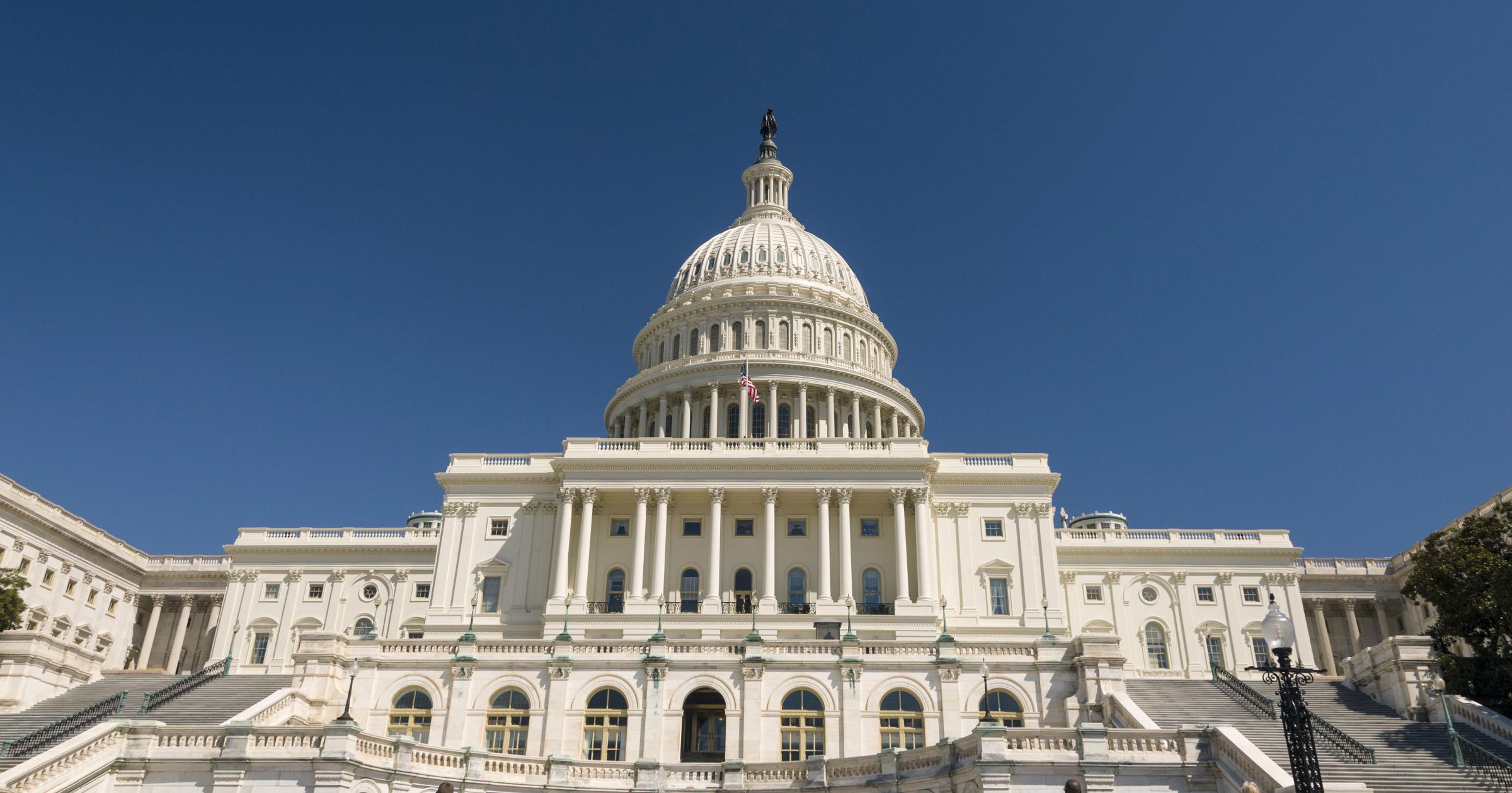TIME takes a look back at the revolutionary online encyclopedia’s milestones in the 15 years since its first entry.
This article has been updated from its original publication date, Jan. 13, 2011, Wikipedia’s 10th anniversary.
Who Founded Wikipedia?

Jimmy Wales incited scrutiny in December 2005, when technology writer Rogers Cadenhead revealed that the Wikipedia head honcho had altered his own biography several times — a practice that is generally frowned upon. Cadenhead wrote on his blog, Workbench, that Wales had made changes to his bio 18 times, including deleting phrases describing former Wikipedia employee Larry Sanger as a co-founder of the site. Although the current Wikipedia article describing how the site came about flat out says: “Larry Sanger and Jimmy Wales founded Wikipedia,” there was a time that Wales felt inclined to downplay Sanger’s role in Wikipedia’s founding. Called out for his transgressions, Wales said that the changes were necessary to clarify and give a more nuanced description of the roles that each of the men played in creating the site. He contends that the changes had nothing to do with the earlier falling out between the two. In 2002, Sanger resigned from Wikipedia, after repeated disagreements with Wales about Sanger’s desire to rid the site of “trolls” and “anarchist types.”
Its Ten Millionth Article
In April 2008, Wikipedia announced it had published its 10 millionth article. The milestone marked years of rapid growth for the website since publishing its one millionth article in September 2004. Adding some nine million article pages in three and a half years was emblematic of the website’s expansion not only in the most-popular English edition, which boasts more than 3 million pages alone, but internationally as well. The site now publishes articles in 250 languages. Fittingly then, its one millionth was written in Hungarian about Nicholas Hilliard, a 16th century English goldsmith and painter.
The Fake Death

The problem with having a free encyclopedia that can be edited by anyone is that there is always going to be a few bad apples that mess with that freedom. While the site has done a good job policing itself and inaccuracies are usually corrected within a few days, every now and then a flub or fake news report goes viral. From politicians like the now actually deceased Sens. Ted Kennedy and Robert Byrd to teen sensation Miley Cyrus, many celebrities have had the unfortunate experience of hearing rather premature reports of their demise. In one instance in March 2007, actor-comedian Sinbad got a call from his daughter making sure he was OK after his Wikipedia page reported he had died of a heart attack. Upon hearing the rumor, Sinbad told the Associated Press, “Saturday I rose from the dead and then died again.”
The Birth of Lostpedia and the Rest
Wikipedia overflows with information, but not enough to satisfy fans of ABC’s Lost. Enter Lostpedia, which currently has more than 7,000 articles “dedicated” to the popular television show. It’s just one of several wikis that Wikipedia hath spawned. Wiktionary, which began in 2002, is run — like Wikipedia — by the Wikimedia Foundation, and is meant to encompass “all words in all languages.” Citizendium was created by Wikipedia co-founder Larry Sanger to be a more “reliable” alternative, while Scholarpedia, whose articles are written by experts and peer-reviewed, has much in common with Wikipedia’s short-lived predecessor Nupedia. Among the questionable parodies of Wikipedia are Uncyclopedia (which is, it gleefully acknowledges, “full of misinformation and utter lies”) and the Encyclopedia Dramatica. But perhaps the most amusing alternative wiki may be Conservapedia, which defines itself as “a conservative, family-friendly Wiki encyclopedia” and whose contributor guidelines are cast as “commandments.”
Congress Edits Itself

Somebody in Congress did something dishonest? Say it isn’t so!
In 2006, Wikipedia discovered that the entries to several prominent U.S. politicians — including Minnesota Senator Norm Coleman, California Senator Dianne Feinstein and Iowa Senator Tom Harkin — had been altered, apparently from computers within the Capitol. Coleman’s staff admitted that it had removed the statement that the Senator had voted with President Bush 98% of the time in 2003, while Harkin’s aids said that they’d erased a story about the time he falsely claimed to have flown combat missions in North Vietnam. Joe Biden’s representatives also edited his page to remove references to accusations of alleged plagiarism.
Other Congressmen found themselves unwitting victims of Wikipedia harassment. Republican Senator Tom Coburn, of Oklahoma had his page edited to include the false statement that he’d been officially voted “most annoying senator.”
History Professor Deemed Security Threat
On Feb. 16, 2007, Taner Akcam, a Turkish history professor at the University of Minnesota, flew to Montreal to deliver a lecture at McGill University on the much disputed Armenian genocide — which some say was a systematic slaughter of 1.5 million Armenians in 1915, though the Turkish government adamantly refutes it. Because of his controversial stance, Akcam had been the subject of Internet harassment, and his Wikipedia entry was sometimes edited by Turkish nationalists calling him a terrorist. Security officers at the Montreal airport detained Akcam, offering up a printed out copy of his Wikipedia page as reason for their suspicion. The mix-up was quickly sorted out, although Akcam was detained again two days later, when he returned to the U.S.
Editor Found to be a Fraud
In March 2007 the jig was up for 24-year-old Kentucky man Ryan Jordan. For more than a year he had worked as an editor for Wikipedia, making changes and corrections on thousands of articles and serving as an arbitrator on disputes between authors. His Wikipedia profile described him as a professor of religion at a private university. There didn’t seem to be anything out of the ordinary about his work; no red flags ever came up. But after one Wikipedia user read a 2006 New Yorker profile of Jordan — who only went by the pseudonym Essjay, which the magazine also used — the truth about Jordan’s identity began to unravel. Not only was he not a professor with expertise in theology and canon law, but he also never received a PhD, as he had claimed, and often used a book called Catholicism for Dummies as his editing resource.
When editors at the New Yorker were alerted to this, they added a note to the story saying, “At the time of publication, neither we nor Wikipedia knew Essjay’s real name.” Jordan claimed that he had to create the fake persona to protect his identity from those who might be envious of his position as an editor. At first, co-founder Jimmy Wales defended Jordan’s right to protect himself, but as criticism against Jordan grew, Wales reevaluated his stance and asked Jordan to resign, saying “my past support of Essjay in this matter was fully based on a lack of knowledge about what has been going on.” Jordan apologized for the deception and resigned.
Coming Up Against the Great Firewall

Easy access to Wikipedia can’t be taken for granted in China, where the online encyclopedia, including the Chinese language version, has often been blocked. Wikipedia will tell you (depending, perhaps, on your location) that the first block came in June 2004, on the 15th anniversary of the Tiananmen Square crackdown. Of course, Wikipedia is far from being the only site deemed off-limits in the mainland; the authoritarian Chinese government is notorious for censoring information. Wikipedia co-founder Jimmy Wales recently told TIME, “It’s never the case that we should accept censorship.”
Study Finds Wikipedia (Almost) As Accurate as Britannica
In 2005, it finally felt a little better saying you got your information from Wikipedia. In a study in the journal Nature, researchers chose articles from a wide range of topics from both Wikipedia and the knowledge standard-bearer, Encyclopedia Britannica. The experts sent those entries to “relevant” field experts for peer review. The verdict? The journal found eight serious errors in the articles — four from each side. However, they also discovered many more minor factual errors, like omissions and misleading statements — 162 in Wikipedia and 123 in Britannica. Even though Britannica pointed to those minor errors as proof it’s the more reliable source, Wikipedia took the study as somewhat of a victory after much press criticism over the accuracy of its entries.
Wikimania Meetups Begin
It’s a utopian idea to think that Wikipedia is written, edited and maintained by all who use it. But in reality, it’s a dedicated group of volunteers who act as the site’s caretakers, protecting it from vandals and making sure its entries are as accurate as possible. Thus, they needed a place to convene, discuss and share ideas about all things Wiki. The international meetup, which began in Frankfurt, Germany, in 2005, took what was an unorganized group of volunteers and brought them together in one place each year. The conference now includes hundreds of participants from close to 70 countries around the world and includes speakers, workshops and of course, Jimmy Wales.
English Wikipedia Goes Dark to Protest Antipiracy Legislation
The English version of the site went dark worldwide for 24 hours on January 18, 2012, simply displaying a message that said “Imagine a world without free knowledge,” to protest two antipiracy bills in Congress that its editors feared would lead to obtrusive government regulation and increased censorship: the House’s Stop Online Piracy Act (SOPA) and the Senate’s PROTECT IP Act (PIPA). Dot-com leaders believed the proposed regulations “would force advertisers to cut off their payments to pirate sites is open to abuse and misapplication, and could drive innocent web companies out of business,” TIME reported. “And they accuse Hollywood of exaggerating the economic harm it’s suffering.”
Wikipedia co-founder Jimmy Wales tweeted, “Student warning! Do your homework early.” The Wikimedia Foundation’s Executive Director Sue Gardner wrote in a blog post, “This will be the first time the English Wikipedia has ever staged a public protest of this nature.”
In what became known as the “anti-SOPA blackout,” Reddit also went offline, while the websites for Google, Firefox, and WIRED displayed black images and text urging users to contact their members of Congress. Collectively, the protest spurred millions to sign anti-SOPA petitions and politicians to have second thoughts about their votes, forcing House and Senate leaders to shelve the bills — a sign that lobbying power in Washington had shifted from Hollywood to Silicon Valley, TIME argued.
Its First-Ever Transparency Report
On the first day of the 2014 Wikimania conference, the Wikimedia Foundation revealed information about the hundreds of requests it had received over the past to years to remove or edit content and hand over user data.
It said it did not grant any of the 304 requests to take down or change non-copyrighted information from individuals, governments and other organizations generally in the United States, Great Britain and Germany. It fulfilled 24 of the 58 requests to remove information said to be copyrighted, and eight of the 56 requests for user data.
“The Wikimedia Foundation is deeply committed to supporting an open and neutral space, where the users themselves decide what belongs on the Wikimedia projects,” the Foundation said in a statement.
The publication of the report came at a time when other Internet behemoths had released transparency reports in recent months — like Google and Twitter — and in a climate of increased public scrutiny over government requests for user data after whistleblower Edward Snowden leaked documents that revealed the reach of the surveillance program carried out by the National Security Agency (NSA).
Wikimedia Sues NSA

Galvanized by the Snowden leaks, the foundation sued the NSA with the American Civil Liberties Union (ACLU) on March 10, 2015, claiming that the agency was stifling freedom of expression, violating the First and Fourth Amendments, and exceeding its authority under the Foreign Intelligence Surveillance Act (FISA).
“The 2013 mass surveillance disclosures included a slide from a classified NSA presentation that made explicit reference to Wikipedia, using our global trademark,” Wikimedia’s Executive Director Lila Tretikov wrote in a blog post. “Because these disclosures revealed that the government specifically targeted Wikipedia and its users, we believe we have more than sufficient evidence to establish standing.”
On Oct. 23, 2015, the suit became the latest one against the NSA to get tossed, as a federal judge deemed its argument “unpersuasive,” writing in an opinion, “plaintiffs cannot provide a sufficient factual basis for their allegations because the scope and scale of Upstream surveillance remain classified, leaving plaintiffs to prop their allegation of actual injury on suppositions and speculation about how Upstream surveillance must operate in order to achieve the government’s “stated goals.”
Judge Says Monkey Can’t Own Rights to Selfie
A six-year-old macaque monkey named Naruto went viral in 2011 when he took a selfie using a camera owned by photographer David Slater, who was vacationing in Indonesia. Three years later, Slater made headlines again when he became embroiled in a copyright battle with Wikipedia editors who said the image was “public domain” (meaning anyone could use it online) “because as the work of a non-human animal, it has no human author in whom copyright is vested.” The People for the Ethical Treatment of Animals (PETA) filed a lawsuit on September 22, 2015, arguing the rights to the selfie belonged to the monkey and accusing Slater of copyright infringement. But on January 6, 2016, a federal judge said the rights could not belong to the animal because, “while Congress and the president can extend the protection of law to animals as well as humans, there is no indication that they did so in the Copyright Act.”
Ja Rule Says Article Misreports His Height
Sure, in the 15-year history of the online encyclopedia, this is pretty inconsequential. But it is, perhaps, the funniest attempt to challenge the accuracy of an entry. In tweets sent on Sep. 2, 2015, rapper Ja Rule complained that his biography on Wikipedia says he is 5’6″, but he insists that he is 5’9″.
Twitter users replied to his tweets, saying he could edit the page himself. Alas, his height no longer appears on his page.
More Must-Reads from TIME
- Donald Trump Is TIME's 2024 Person of the Year
- Why We Chose Trump as Person of the Year
- Is Intermittent Fasting Good or Bad for You?
- The 100 Must-Read Books of 2024
- The 20 Best Christmas TV Episodes
- Column: If Optimism Feels Ridiculous Now, Try Hope
- The Future of Climate Action Is Trade Policy
- Merle Bombardieri Is Helping People Make the Baby Decision
Contact us at letters@time.com